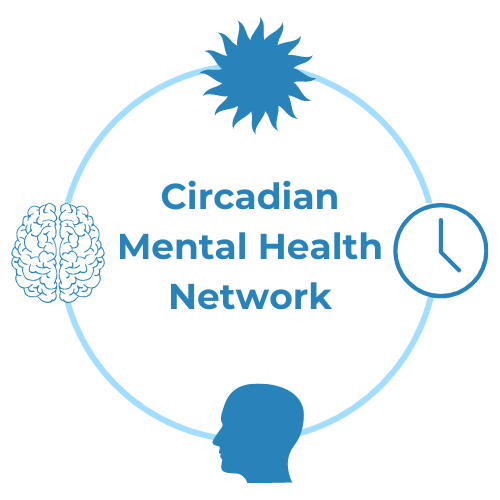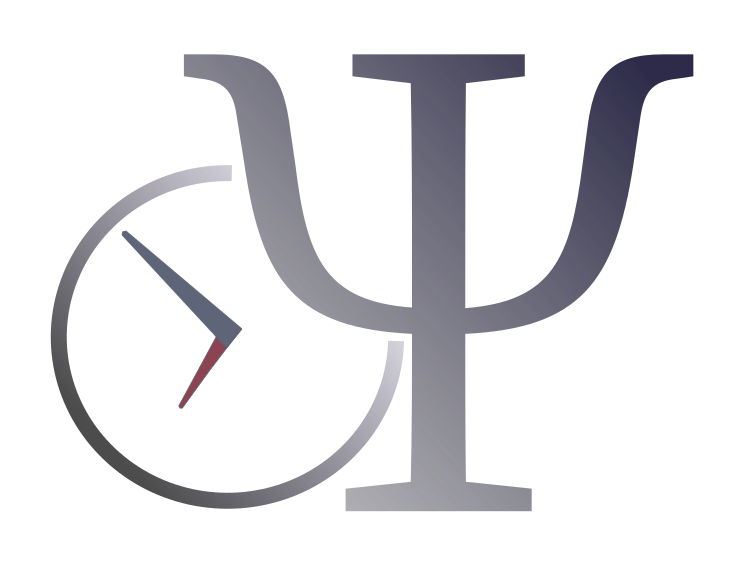Our Research
Main themes
Adolescent mental health
Building on the success of our SCRAMS project, we are extending our research on the link between sleep/circadian disruption and mental ill-health in young people. This involves co-developing and tetsing new methods for data collection and analysis, and a focus on understanding the complex inert-relationships between sleep, cognitive function, light, latitude and mood disorders such as depression and anxiety. Other work in this area makes use of the ALSPAC dataset to examine the relationship between sleep and mental health in individuals with autistic traits.
Data science
We are also developing methods that make use of FitBit data from the ABCD cohort to invetsiagte sleep and circadian parameters as predictors of depression-related outcomes in young people in the United States. This work builds on our experience with actigraphy data in SCRAMS and within the UK Biobank cohort.
Neuroimaging
We are also neuroimaging data from UK Biobank and ABCD to investigate causal pathways that may link sleep and circadian dysfunction with brain structure.
Genomics
We are making use of exome sequencing data in UK Biobank to assess how variation in core circadian network (CCN) genes impacts on risk of depression, bipolar disorder, cognitive function and other mental and physical health outcomes.
The Circadian Mental Health Network
The Circadian Mental Health Network is a collaboration between researchers, clinicians, patients and the public which is focused on driving discovery and innovation at the interface of sleep, circadian rhythms and mental health.

Current PhD projects
- Sarah Gregory
Understanding the role of stress and the HPA axis in mid and later life as a risk factor for Alzheimer's disease.
This work uses data from the PREVENT and EPAD Longitudinal Cohort Studies to investigate whether psychological, physiological and hormonal measures of stress (salivary cortisol and cortisone) are associated with Alzheimer's disease biomarkers and risk scores for dementia in participants who are cognitively healthy across a spectrum of risk for cognitive impairment.
- Natasha Sangha
Integrating circadian, genomic and imaging data to understand mood disorders. - Reesha Zahir
Investigating the mechanisms underlying sleep problems and mental ill health in autistic children and adolescents.

 Overview
Overview